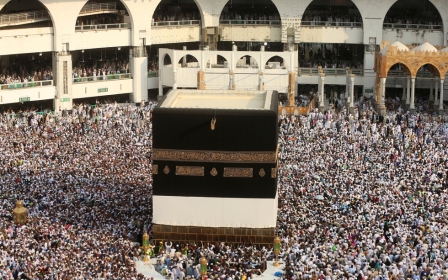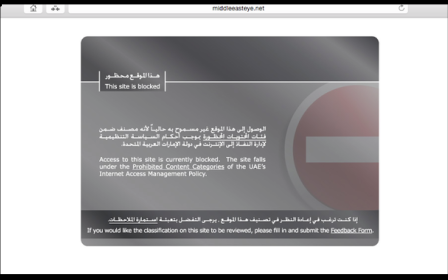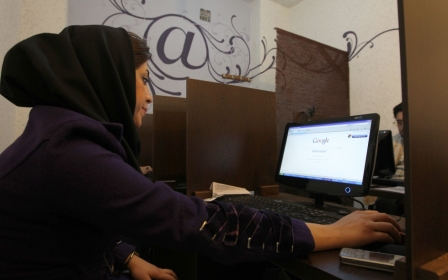Huffington Post website blocked by censors in Saudi Arabia
The Huffington Post website was inaccessible in Saudi Arabia on Friday after being blocked by the country’s Ministry of Culture and Information.
Screenshots posted on Twitter suggested that internet users attempting to view the US-based Huffington Post’s English-language homepage were instead getting a message from the ministry explaining that the page violated its regulations.
“Sorry, the requested page is violating the regulations of Ministry of Culture and Information,” the message said.
Users were advised to contact the ministry’s Electronic Publishing department to request that the page be unblocked.
Sources in Saudi Arabia on Friday confirmed that the page was inaccessible.
The Huffington Post’s American edition last Sunday published a column titled “Last tango in Riyadh” by Hossein Askari, a US-based economist and former special adviser to Saudi Arabia’s Ministry of Finance, suggesting that the country was set to “implode” as a result of its economic dependency on oil and failure to implement institutional and political reforms.
Askari said that Saudi Arabia’s deputy crown prince, Mohammad bin Salman, should be “applauded for at least acknowledging the sand that is the foundation of the Saudi system” and pushing an economic reform programme dubbed “Vision 2030”, but said the country would be “wrenched apart” nonetheless.
Askari also predicted that Saudi Arabia’s western backers would quickly abandon the country if that happened.
“When it implodes, will the US and the UK come to the rescue of their Al-Saud clients? We believe not,” he wrote.
“The duplicity of Western powers is beyond the pale. Yet the day when they see the end at hand, they will extricate themselves rapidly as they have no stomach for another Middle Eastern civil war or conflict, especially now that oil matters less.”
Saudi Arabia, which has about 20 million internet users, is considered to have among the most restrictive media freedom laws in the world, and ranked 165th out of 180 countries in the Reporters Without Borders’ 2016 Media Freedom List.
In 2014, Reporters Without Borders described Saudi Arabia as a “prime centre of content blocking” and said authorities “claim to have blocked some 400,000 sites”.
Bloggers have also been jailed, with Raef Badawi in 2013 sentenced to seven years in prison and 600 lashes for allegedly offending Islam and violating the country’s anti-cyber-crime law.
Neither the Huffington Post nor Saudi Arabia’s Ministry of Culture and Information had responded to requests for comment at the time of publication.
New MEE newsletter: Jerusalem Dispatch
Sign up to get the latest insights and analysis on Israel-Palestine, alongside Turkey Unpacked and other MEE newsletters
Middle East Eye delivers independent and unrivalled coverage and analysis of the Middle East, North Africa and beyond. To learn more about republishing this content and the associated fees, please fill out this form. More about MEE can be found here.




